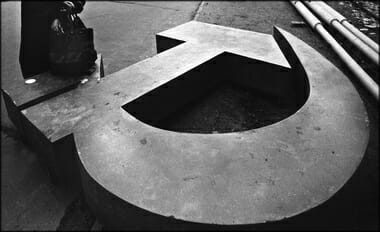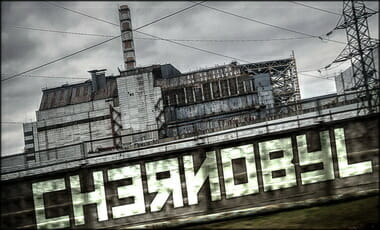The original file is here, via Voices of the Past — they have great stuff, go heck their channel out. I just posted on Mr. Sorokin earlier today, This will be a separate post from that.
Here is a small clip regarding
Sorokin’s enthusiasm for the Revolution was quickly tempered, however, by the widespread outbreak of uncontrolled homicidal violence from many quarters which followed the collapse of Tsarist rule. The ruthlessness, fanaticism, and calculated cruelty displayed by Lenin and the Bolsheviks were particularly unsettling to Sorokin since, like a tornado, it seemed to sweep up everything in its course. By the end of 1917, less than a year after the overthrow of the Tsar, Sorokin had clearly become disillusioned with political revolution and expressed this disillusionment in a particularly poignant entry in his diary:
This is the last day of 1917. I look back on the year with feelings of bitterness and disillusionment. The year 1917 gave us the Revolution, but what has Revolution brought to my country but ruin and disgrace? Has it brought us freedom? Has it bettered the condition of the people? No, the face of revolution unveiled is the face of a beast, of a vicious and wicked prostitute, not that of the pure goddess which has been painted by historians of other revolutions. I could pray that these historians themselves might live through a real revolution. (LRD 112)
His active opposition to the Bolsheviks led to his imprisonment in early 1918, though with the help of his wife Elena and a sympathetic benefactor he was released from jail after a two-month stay. Soon after his release, however, he resumed his opposition to Bolshevism and took part in an abortive attempt to liberate northern Russia from Bolshevik rule. He was later hunted down and finally surrendered to the pursuing Communist Cheka, whereupon he was thrown into a Bolshevik prison for the second time and informed that he would soon be executed. This confrontation with death had a lasting impression upon him and seems to be partially responsible for the later rekindling of his earlier Christian spirituality and his later emphasis on the central need in human affairs for the healing and reconciling power of agapic love. Sorokin was saved from the firing squad only by virtue of the intersession of two of his former university friends—both Communists who had gone on to assume important positions in Lenin’s cabinet. Lenin himself issued the order to spare Sorokin, though only after having written an article in Pravda that held Sorokin up as a model of the futility of any kind of centrist position between the Communists and the pro-tsarist reactionaries. (Sorokin’s two brothers, however, were not so fortunate—both of them eventually perished in clashes with the Bolshevik regime.)
Sorokin had correctly perceived the nature of Bolshevism from the very beginning, and unlike many Western intellectuals who had to await the revelations of Khrushchev’s 1956 “Secret Speech” or Solzhenitsyn’s Gulag Archipelago, he harbored no illusions that ruthless men in power would bring about a socialist utopia. ….






